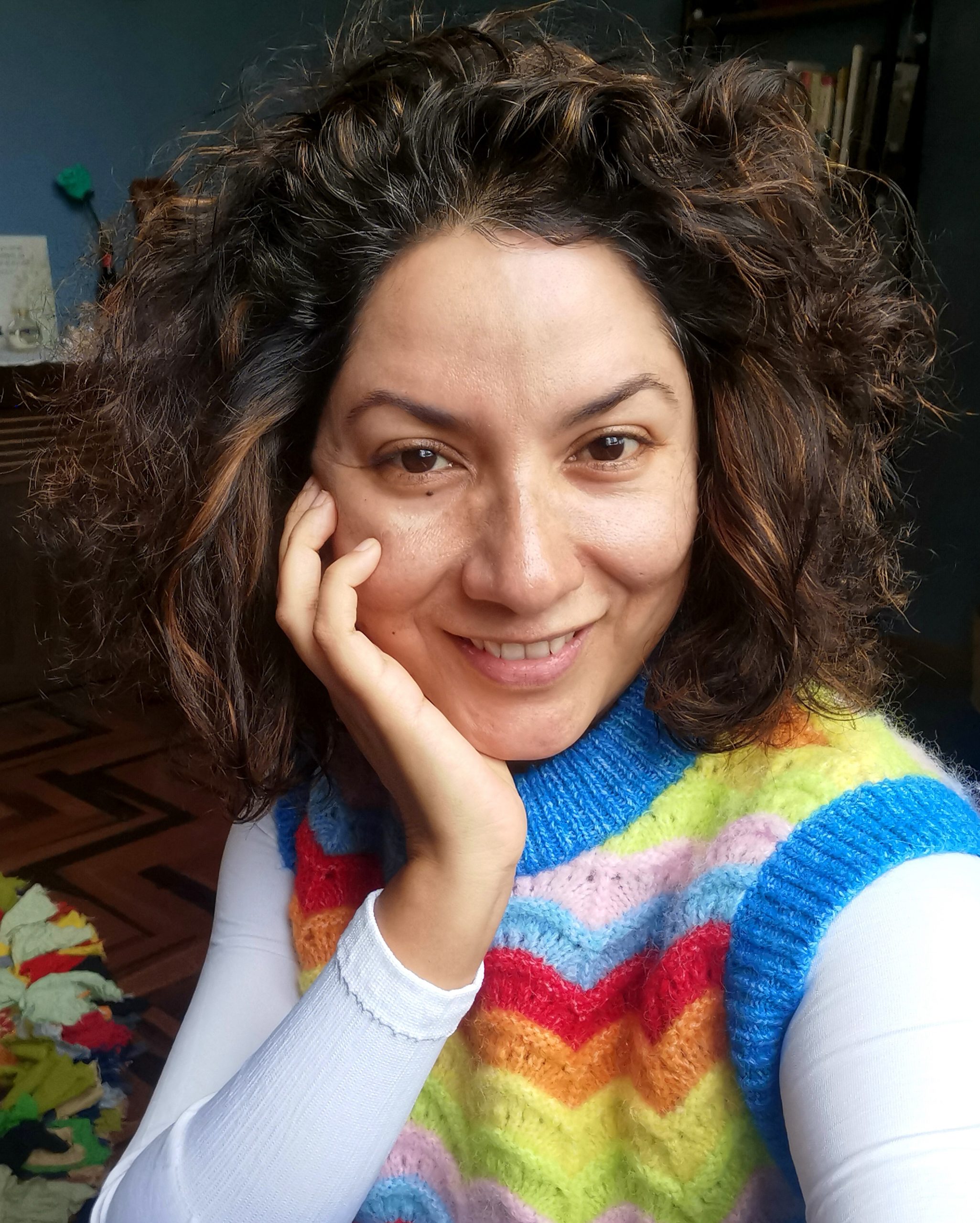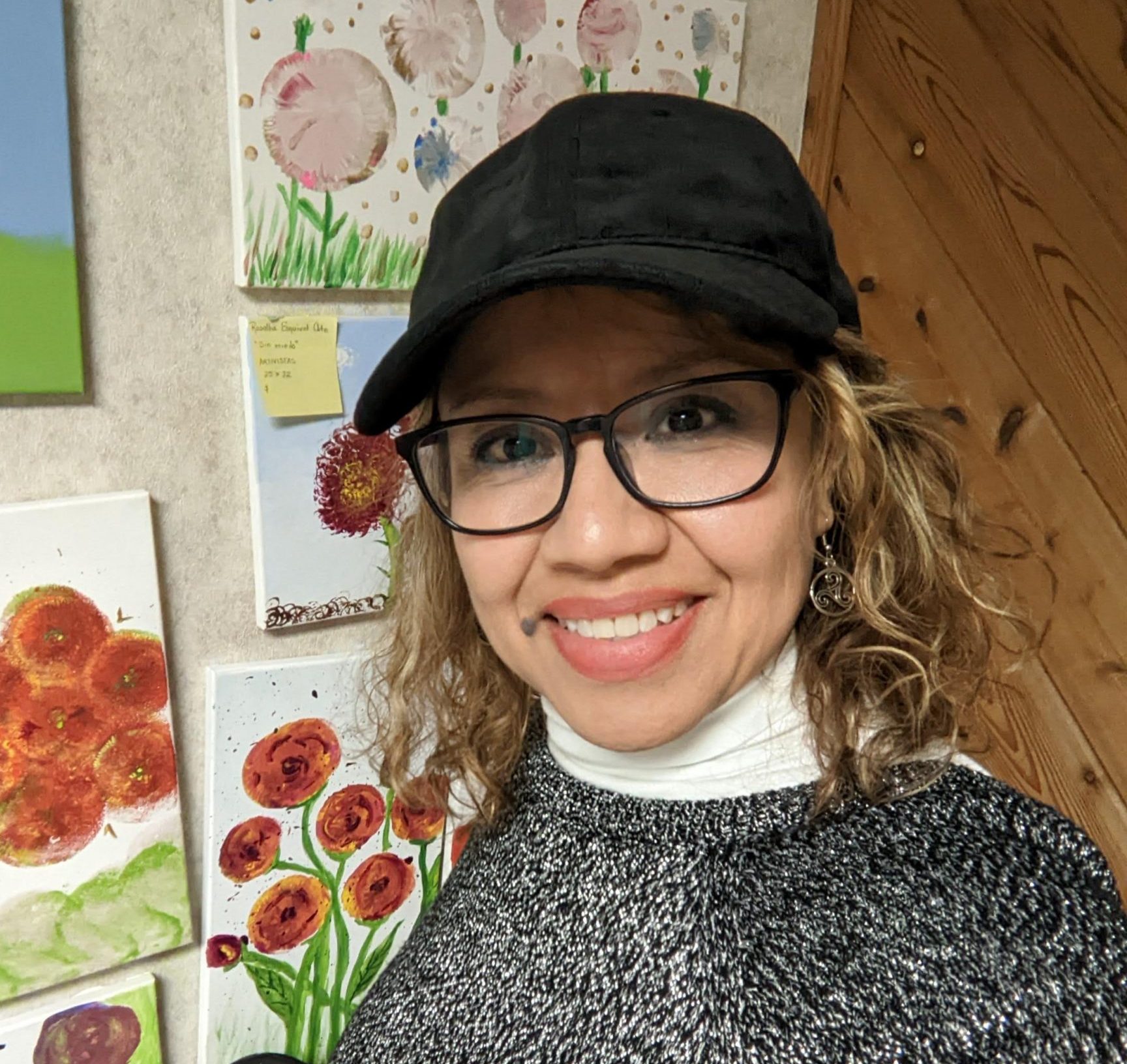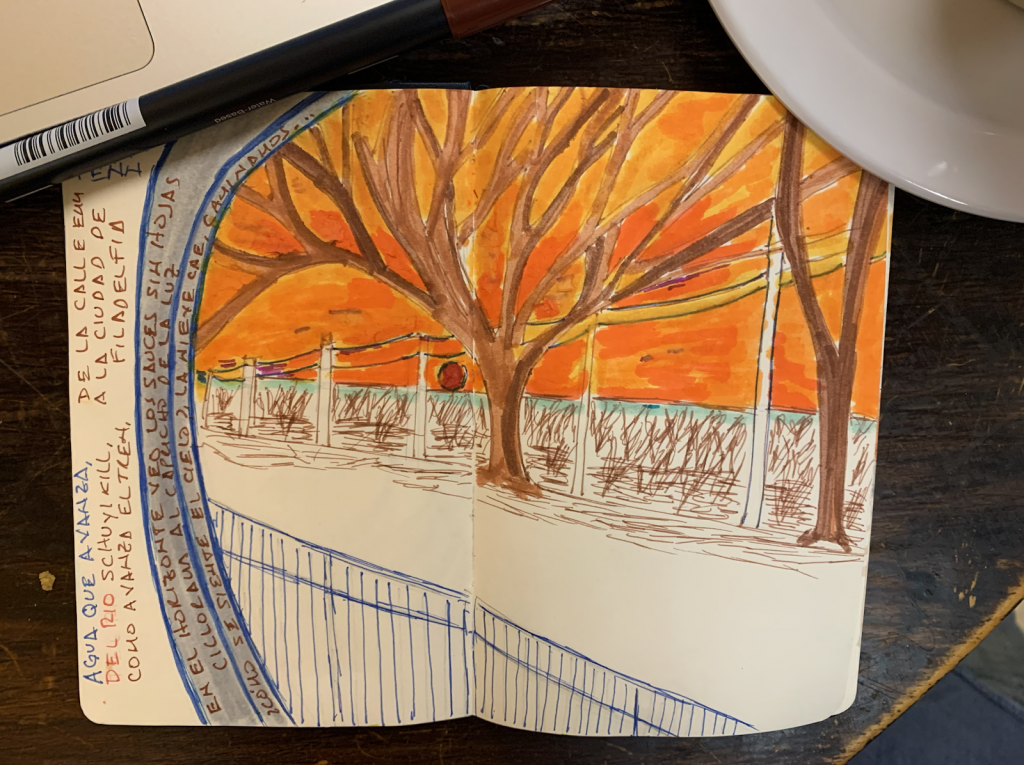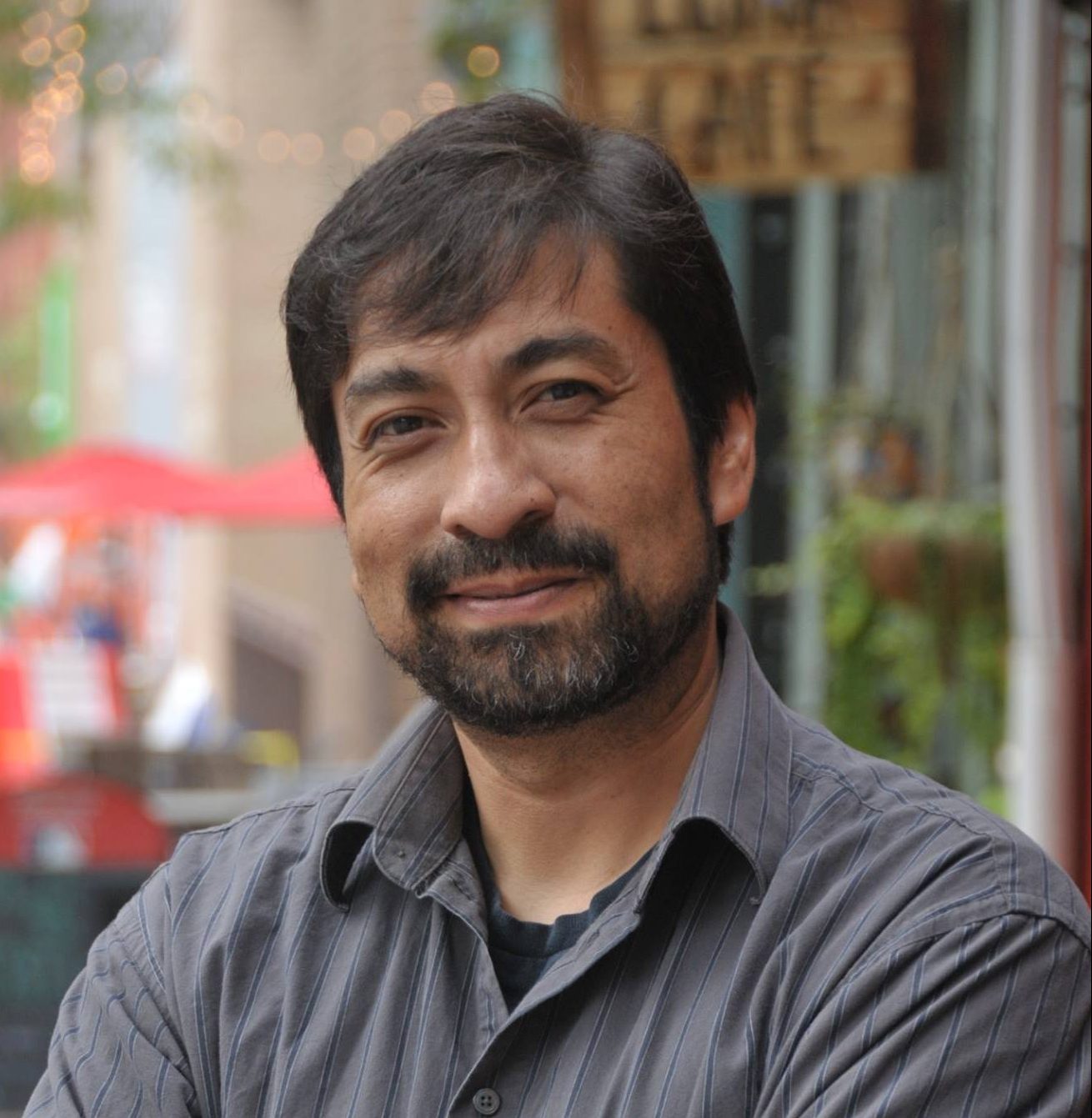Coordinated by Louisa Sandorff
Babel is a creative reading-writing training class under the instruction of Luisa Sandorff, a young Venezuelan-American high school student who understands the challenge of being bicultural and bilingual in a school environment where monolingualism dominates, and in which digital technology distances students from colored pencils. Babel is a space where primary school students at CCATE imagine, create, combine written and graphic imagination, and where they share moments of free creation.
This is the second installment of Babel for REVARTE, and as Louisa comments: “I am very proud of my students, each of them enjoyed the process of imagining their characters, writing about them, and sharing little stories.”
The class also includes the assistance of students from Villanova University and St. Joseph University.
Español
Babel es una clase formativa de lecto-escritura creativa bajo la instrucción de Luisa Sandorff una joven venezolana – americana estudiante de bachillerato que entiende el reto de ser bicultural y ser bilingüe en un ambiente escolar donde el monolingüismo domina, y en el que lo digital aleja a los estudiantes de los lápices de colores. Babel es un espacio donde los estudiantes de primaria de CCATE imaginan, crean, combinan la imaginación escrita y gráfica y donde comparten momentos de libre creación.
Esta es la segunda entrega de Babel para REVARTE, y como comenta Louisa: “Estoy muy orgullosa de mis estudiantes cada uno de ellos gozo el proceso de imaginar sus personajes, escribir acerca de ellos y compartir pequeñas historias”
La clase cuenta también con la asistencia de estudiantes de Villanova University y de St Joseph University.

Sofia Calderon Lopez
Meow the Cat is playing in the rain.
She is sad. She has no one to play with.
Meow meets Dinosaur Cat, before she meets Dinosaur Cat, she goes to the shop.
When she goes to the shop, she sees an umbrella.
She says, “Oh my gosh, I finally found it!”
Meow plays with Dinosaur Cat in the rain.
Español
Meow el gato está jugando bajo la lluvia.
Ella está triste. No tiene con quién jugar.
Meow conoce a Dinosaur Cat, antes de conocer a Dinosaur Cat, va a la tienda.
Cuando va a la tienda, ve un paraguas.
Ella dice: “¡Dios mío, finalmente lo encontré!”
Meow juega con el gato dinosaurio bajo la lluvia.

Kevin Welchez Máncheme
Dinosaur Cat goes to eat food, and he drinks a tall glass of milk.
He goes for a walk in the rain, then he sees Meow the Cat.
They play with each other in the rain.
Español
Dinosaur Cat va a comer y bebe un vaso grande de leche.
Sale a caminar bajo la lluvia y luego ve a Meow the Cat.
Juegan entre ellos bajo la lluvia.
Madelyn Silva Chavez
My Dragon’s name is Sharkie.
She loves hot dogs and ice cream.
She has 5 kids, but they flew away. Although they ran away, she still keeps flying!
She is nice, clumsy, and smart.
She was born in 1911.
That is all you need to know about Sharkie!
Bye! See ya!
Español
El nombre de mi dragón es Sharkie.
Le encantan los hot dogs y el helado.
Tiene 5 hijos pero se fueron volando. ¡Aunque huyeron, ella todavía sigue volando!
Ella es simpática, torpe e inteligente.
Ella nació en 1911.
¡Eso es todo lo que necesitas saber sobre Sharkie!
¡Adiós! ¡Nos vemos!
Melany Silva Chavez
The jellyfish is weak like my arms; arms are the weak part of my body.
The body of a jellyfish is an old animal with no heart or bones,
Bones are good to move but not for wiggling around the ocean.
The ocean waves make them move faster, feeling nothing.
Nothing in my body is feeling strong, and more now, my body is weak like the jellyfish.
Español
La medusa es débil como mis brazos, los brazos son la parte débil de mi cuerpo.
El cuerpo de una medusa es un animal viejo sin corazón ni huesos,
Los huesos son buenos para moverse, pero no para moverse por el océano.
Las olas del mar los hacen moverse más rápido sin sentir nada.
Nada en mi cuerpo se siente fuerte y más ahora, mi cuerpo está débil como la medusa.
Allison
Once upon a time in a land far away, there was a girl named Bianca,
and her friend was named Allison.
One day they wanted to go on an adventure to the animals.
Bianca wanted to see the cows, and Allison wanted to see the horses.
They went into the barn to feed the chickens when suddenly the door slammed behind them, and they were very scared.
A very big pig came out of nowhere, and Bianca screamed.
And Allison said, “It’s okay, you don’t have to be afraid.”
Español
Érase una vez en una tierra lejana había una niña llamada Bianca,
y su amiga se llamaba Allison.
Un día quisieron emprender una aventura con los animales.
Bianca quería ver las vacas y Allison quería ver los caballos.
Fueron al granero a alimentar a las gallinas cuando de repente la puerta se cerró de golpe detrás de ellos y se asustaron mucho.
Un cerdo muy grande salió de la nada y Bianca gritó.
Y Allison dijo que está bien, no tienes que tener miedo.
Violet Robles Martinez
Timmy’s happy with his home.
Timmy was a tiny snake, but he was lonely!
Timmy wanted an adventure, so he got his stuff and left the forest.
When Timmy left, he wanted friends.
Timmy did not know where to go but he had a map in his bag.
Timmy had a map but did not know geography, but he tried his best.
Timmy found a place in the dirt until he found something pink.
He took the pink thing out and… it’s a worm!
Español
Timmy está contento con su casa.
Timmy era una serpiente diminuta, ¡pero se sentía solo!
Timmy quería una aventura, así que tomó sus cosas y abandonó el bosque.
Cuando Timmy se fue, quería amigos.
Timmy no sabía adónde ir pero tenía un mapa en su bolso.
Timmy tenía un mapa pero no sabía geografía, pero hizo lo mejor que pudo.
Timmy encontró un lugar en la tierra hasta que encontró algo rosado.
Sacó lo rosa y… ¡es un gusano!
Daniela Vazquez
There was a dog.
She didn’t bite, and I adopted her.
She had black and white and brown cow print.
She plays and jumps around.
Her name is Hazle.
Español
Había un perro.
Ella no mordió y la adopté.
Tenía estampado de vaca en blanco, negro y marrón.
Ella juega y salta.
Su nombre es Hazle.
Olivia Novoa
Birdy was a bad person, and everyone was scared of him.
Many people did not like him.
Birdy found a child and took him in.
Birdy started to become nicer because of the boy!
Español
Birdy era una mala persona y todos le tenían miedo.
A mucha gente no le agradaba.
Birdy encontró un niño y lo acogió.
¡Birdy comenzó a ser más amable gracias al niño!
Michael Romero
Noob is a panda.
Noob likes bamboo and sleeping.
His favorite place to sleep is on a rock!
Español
Noob es un panda.
A Noob le gusta el bambú y dormir.
¡Su lugar favorito para dormir es sobre una roca!
Matteo
I see a tiger.
That tiger’s name is Jeffrey.
Jeffrey likes donuts and chicken.
Español
Veo un tigre.
El nombre de ese tigre es Jeffrey.
A Jeffrey le gustan las donas y el pollo.
Louisa Sandorff
She is 15 years old, she is a CCATE teacher in the “Babel” writing class, she has Venezuelan roots, and she is in her first year of high school at Conestoga High School in Pennsylvania.







